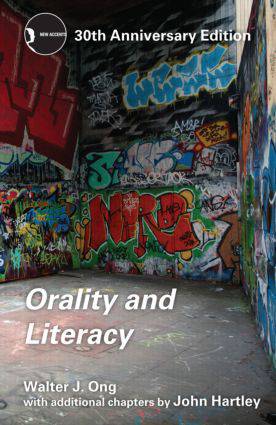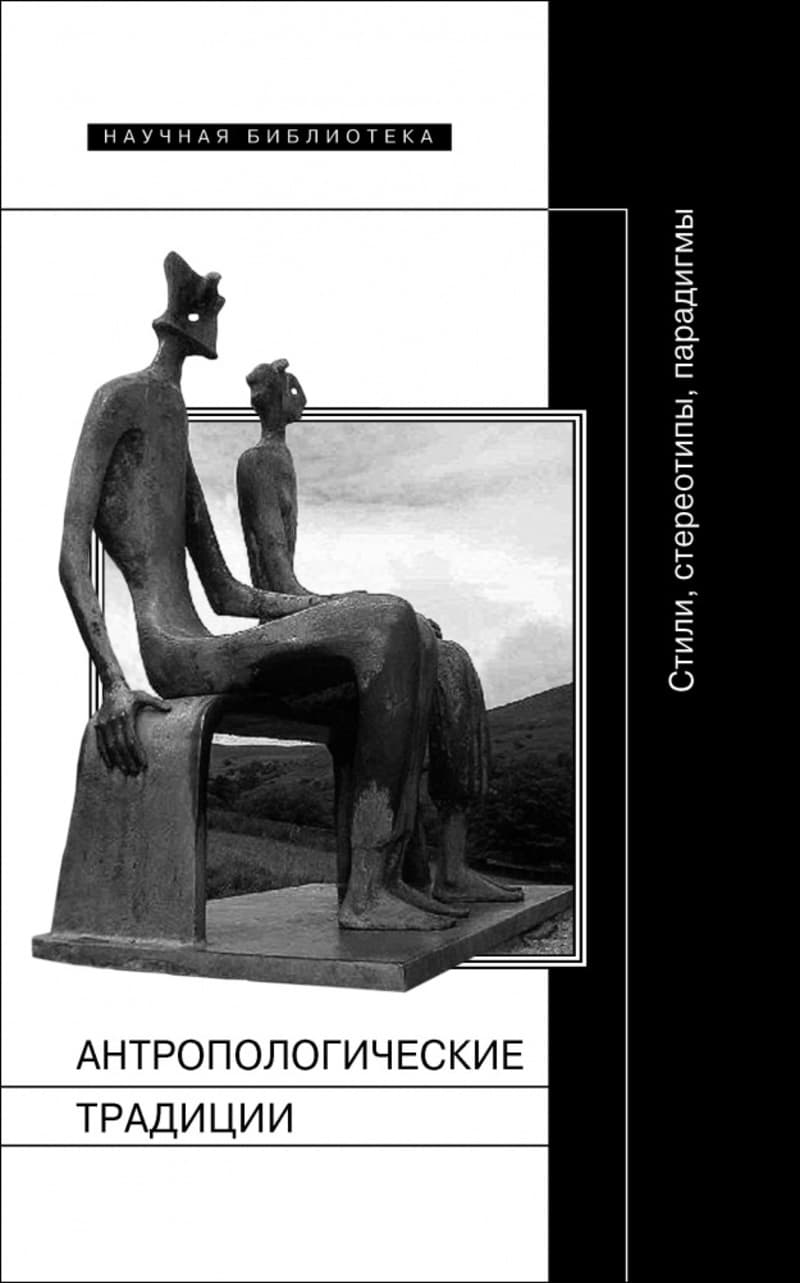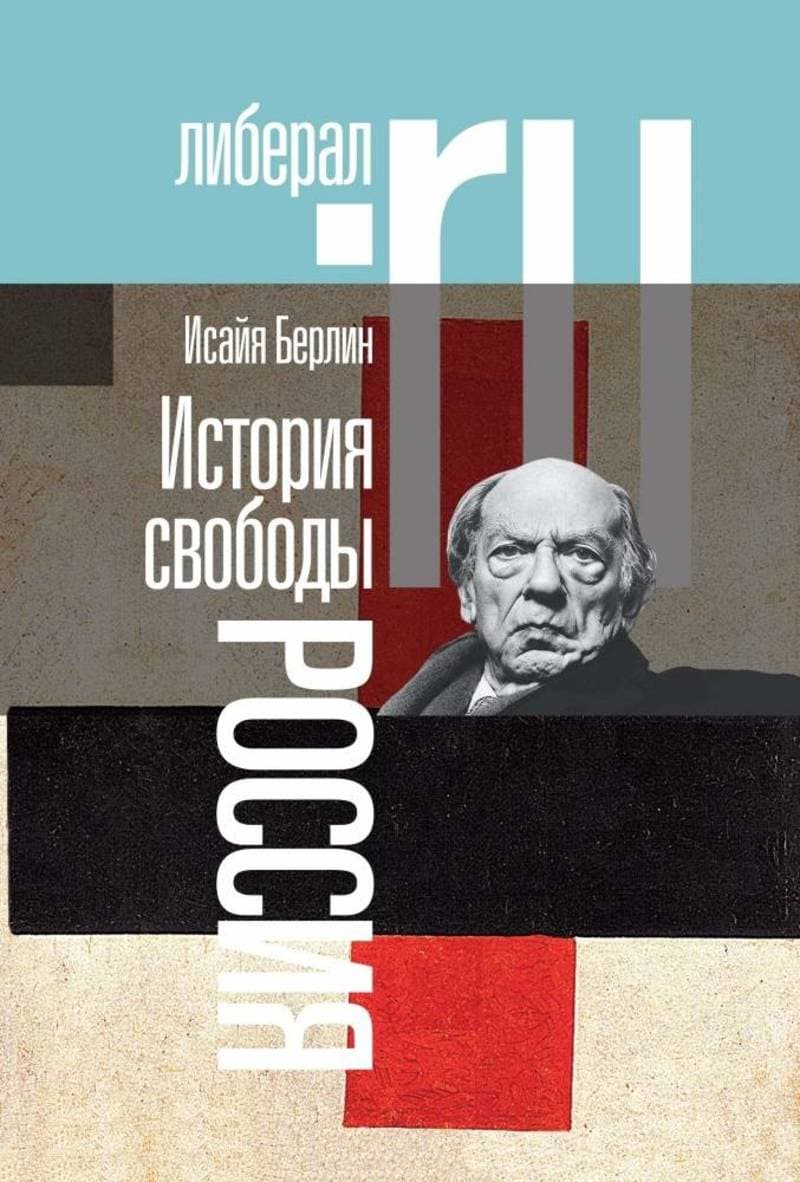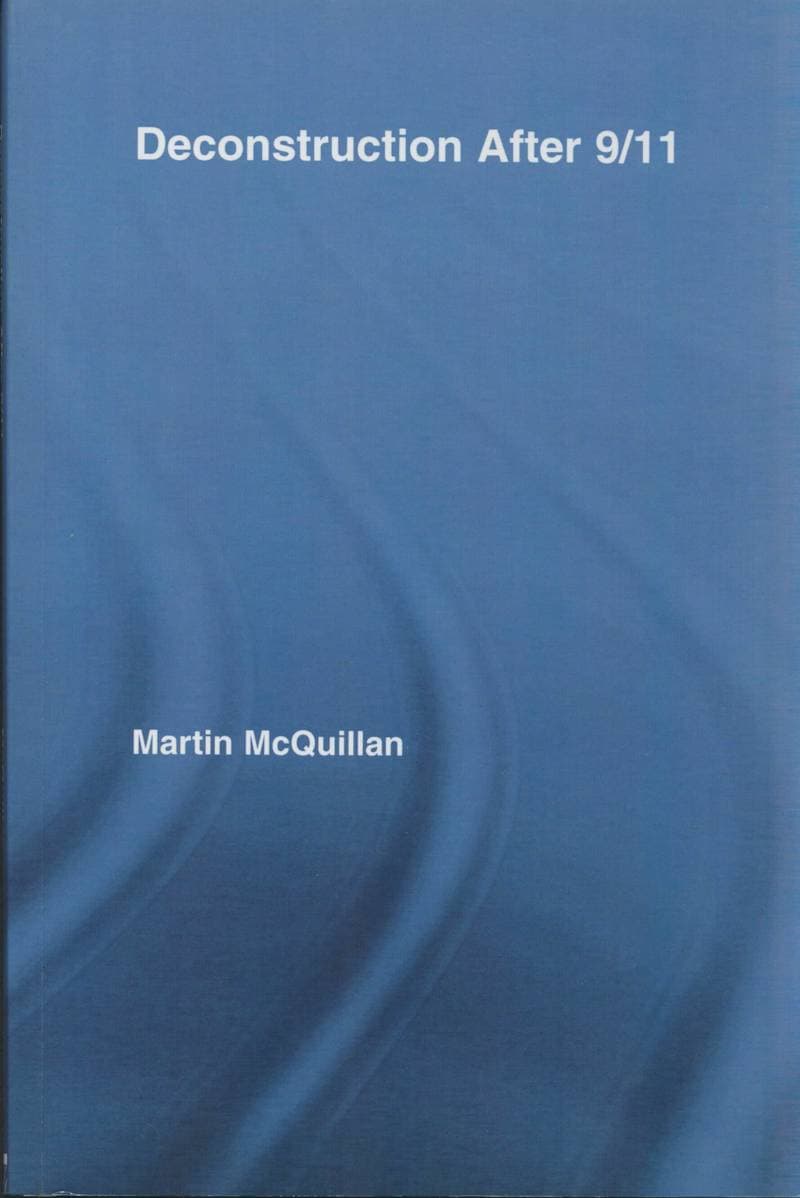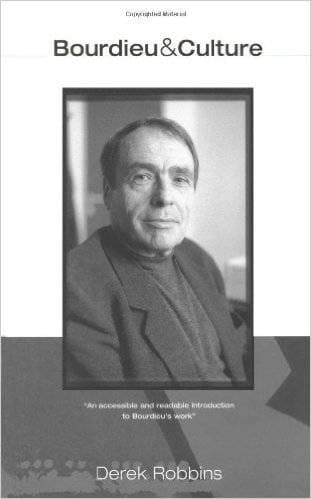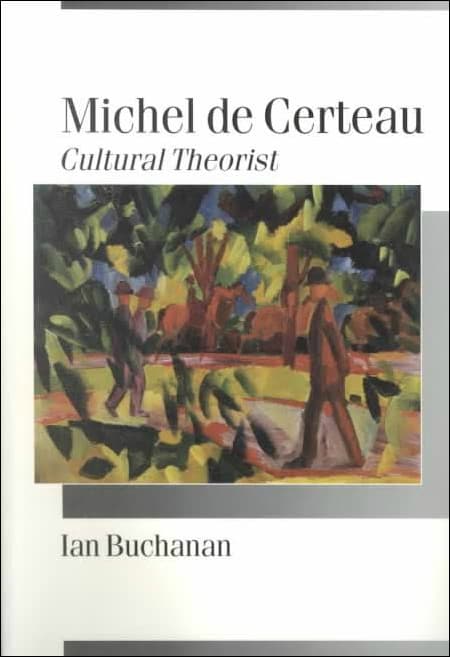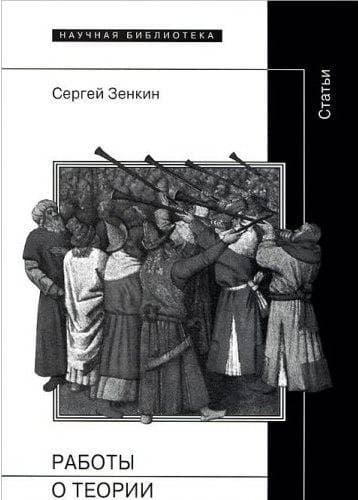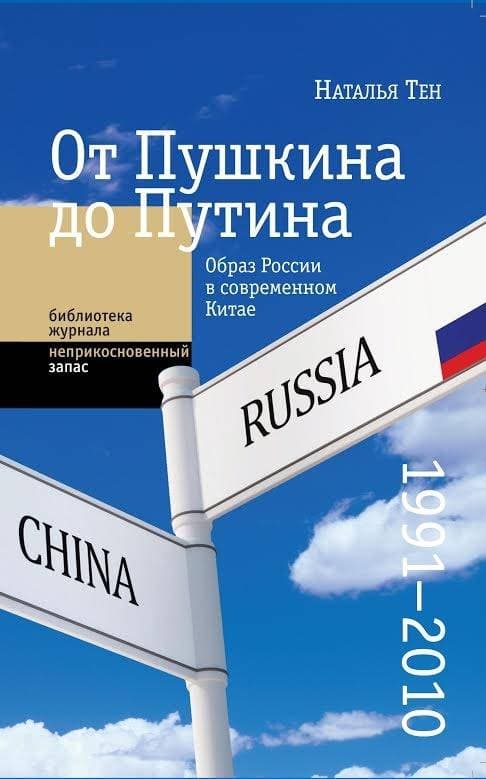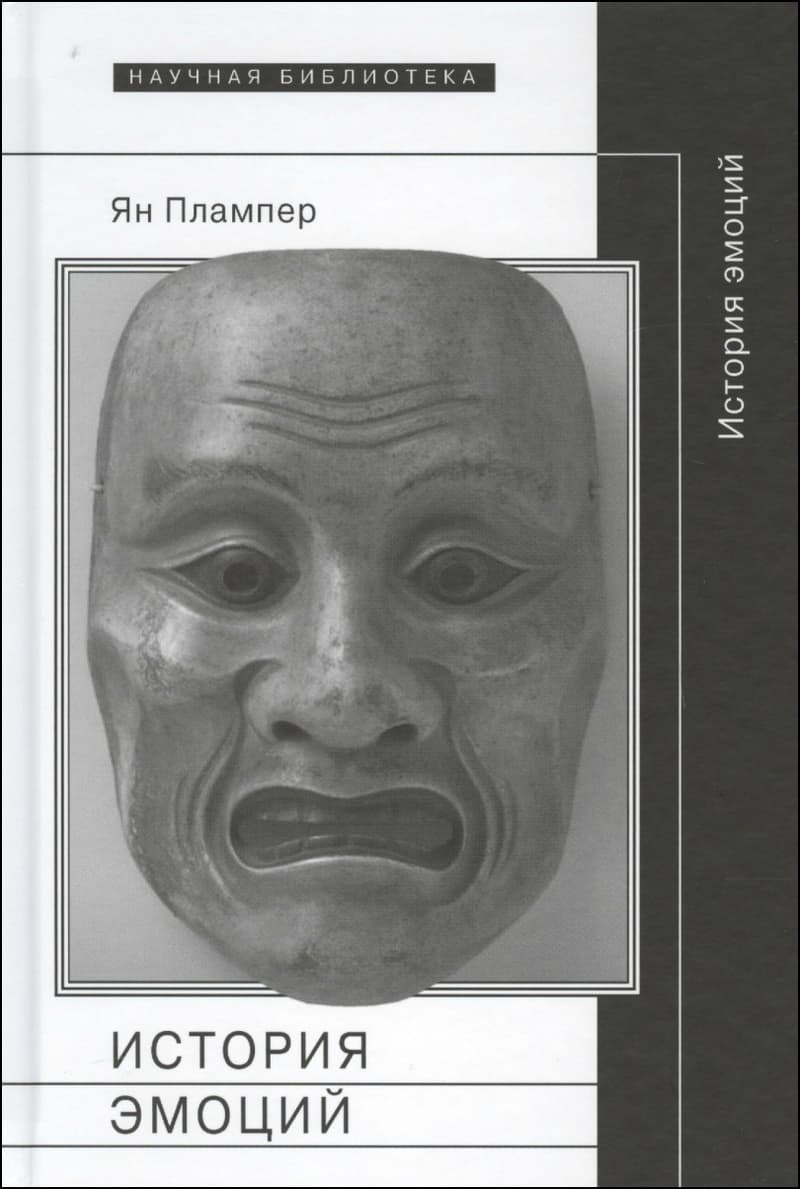Orality and Literacy. The Thechnologizing of the World
Machine generated contents note: 1.The orality of language The literate mind and the oral past Did you say `oral literature'? 2.The modern discovery of primary oral cultures Early awareness of oral tradition The Homeric question Milman Parry's discovery Consequent and related work 3.Some psychodynamics of orality Sounded word as power and action You know what you can recall: mnemonics and formulas Further characteristics of orally based thought and expression (i).Additive rather than subordinate (ii).Aggregative rather than analytic (iii).Redundant or `copious' (iv).Conservative or traditionalist (v).Close to the human lifeworld (vi).Agonistically toned (vii).Empathetic and participatory rather than objectively distanced (viii).Homeostatic (ix).Situational rather than abstract Oral memorization Verbomotor lifestyle The noetic role of heroic `heavy' figures and of the bizarre The interiority of sound Contents note continued: Orality, community and the sacral Words are not signs 4.Writing restructures consciousness The new world of autonomous discourse Plato, writing and computers Writing is a technology What is `writing' or `script'? Many scripts but only one alphabet The onset of literacy From memory to written records Some dynamics of textuality Distance, precision, grapholects and magnavocabularies Interactions: rhetoric and the places Interactions: learned languages Tenaciousness of orality 5.Print, space and closure Hearing-dominance yields to sight-dominance Space and meaning (i).Indexes (ii).Books, contents and labels (iii).Meaningful surface (iv).Typographic space More diffuse effects Print and closure: intertextuality Post-typography: electronics 6.Oral memory, the story line and characterization The primacy of the story line Narrative and oral cultures Contents note continued: Oral memory and the story line Closure of plot: travelogue to detective story The `round' character, writing and print 7.Some theorems Literary history New Criticism and Formalism Structuralism Textualists and deconstructionists Speech-act and reader-response theory Social sciences, philosophy, biblical studies Orality, writing and being human `Media' versus human communication The inward turn: consciousness and the text.
Данные книги
Лондон
2012
232 страницы
9780415538374
Доступ по запросу
Нет
Нет
701.18 Ong
1
- История трёх московских магазинов2007
- Антропологические традиции: стили, стереотипы, парадигмы2012
- История свободы. Россия2014
- Посткапиталистическое желание. Последние лекции2024
- Deconstruction After 9/112012
- Bourdieu & Culture2000
- Michel de Certeau: Cultural Theorist2000
- Общие места: мифология повседневной жизни2023
- Работы о теории2012
- От Пушкина до Путина: образ России в современном Китае (1991–2010)2016
- История эмоций2018
- The Arabian Horse: History, Mystery and Magic2013
